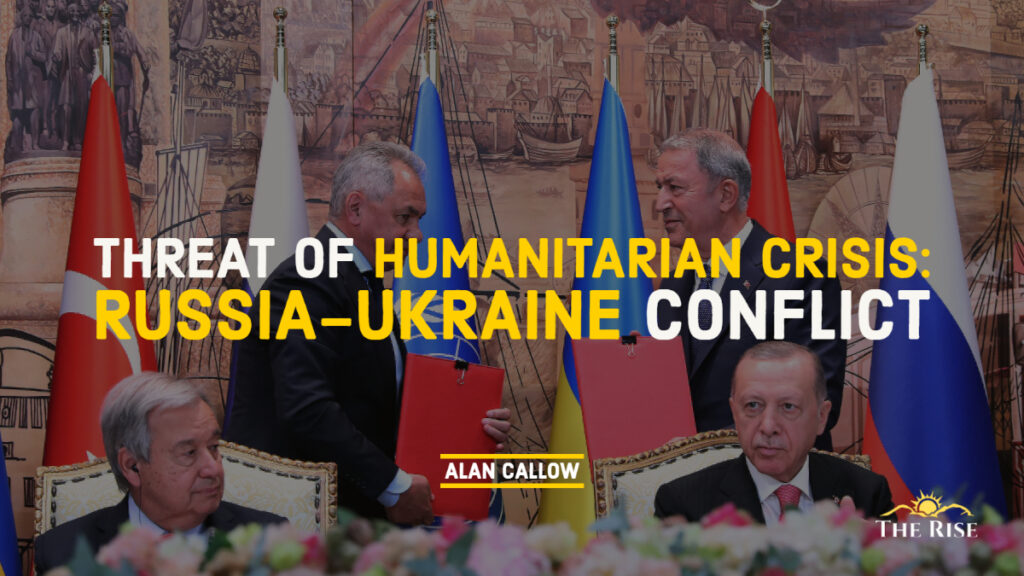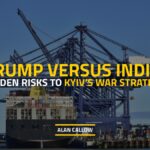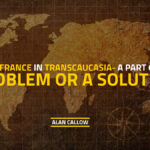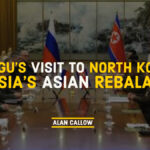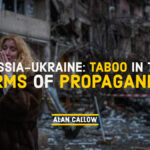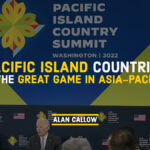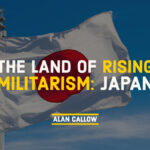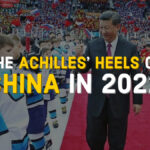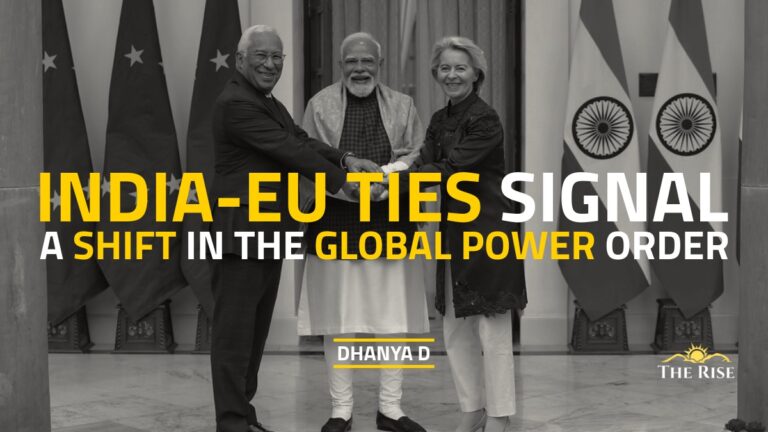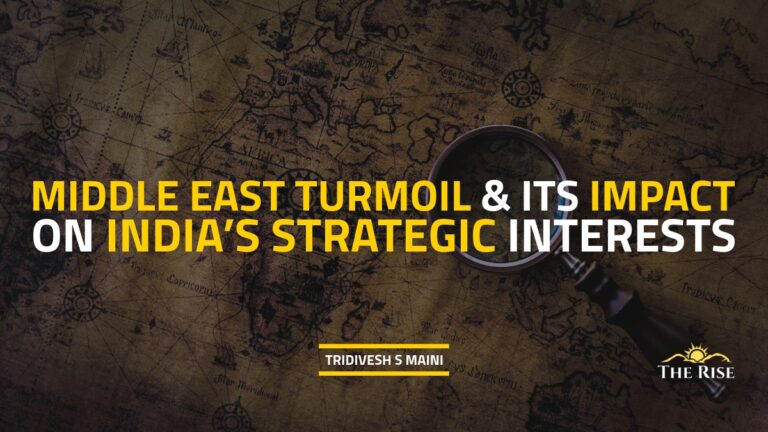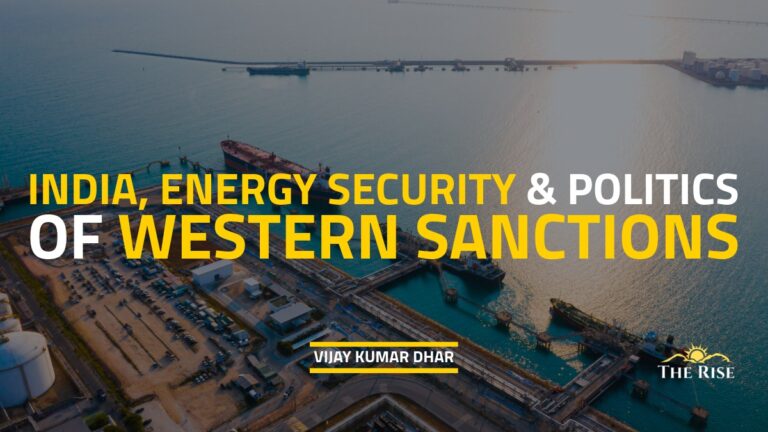The grain agreement signed between Russia and Ukraine a few months ago is under threat of disruption because of the violation of the agreement’s conditions by the Ukrainian side and other beneficiaries. The main reason is arms supply with the use of humanitarian sea corridor. The threat of world hunger may be back on the agenda again.
Back to the roots
The so-called ‘Black Sea Grain Initiative‘ has been in force since the middle of July 2022. According to this agreement, Russia withdrew its navy from the Black Sea coast of Ukraine, thus creating a humanitarian maritime corridor for the export of Ukrainian agricultural products to the world market. The UN cited the threat of a global food crisis, primarily for countries in Africa and the Middle East, as the main reason for this deal.
The signing of the agreement was preceded by strict assurances from Ukraine, mediated by Turkey and the UN, that its warships, aircraft and drones would not approach the maritime humanitarian corridor. At the same time, all merchant ships involved in the transportation of grain are subject to inspection to exclude the transportation of military products and anything that might affect the outcome of the armed confrontation between Moscow and Kyiv.
Gain by grain
However, as time passed, it became clear that the sea corridor security control mechanisms exist only nominally. The parties often approach the implementation of the reached agreements from diametrically opposite points of view. Thus, a few months after the start of the maritime humanitarian corridor, Ukraine won several tactical victories, one of which was the return of the regional centre of Kherson under its control. It was in the Kherson region that the Russian authorities declared a new territory of the Russian Federation at the end of September last year. How did Kyiv’s victory become possible?
Around mid-September, Ukrainian units at the Kherson front began to report the arrival of foreign weapons and military equipment at their disposal. Photos and video clips began to appear online, showing Ukrainian soldiers with NATO weapons and equipment claiming a counterattack was imminent. Among these images was a video of a convoy of the 35th Marine Brigade on more than 30 Turkish Kirpi armored vehicles.
Russia’s ruling circles will hardly dig their own grave if the scales with the deadly risk of losing the strategic initiative due to foreign arms supplies via the sea corridor outweigh the threat of world hunger.
Also Read: The Significance of Neutrality for Ukraine
Russia’s choice
Speaking of Turkey, the inspection of dry-cargo ships returning to Ukraine takes place at the passage of the Turkish straits Bosporus and Dardanelles. Let us ask ourselves a question. Can a country that openly declares supplying its weapons to Ukraine take the opportunity to hand them over “to a passing coachman”? The question is, for the most part, rhetorical. And where there is an opportunity to load arms and equipment, there is undoubtedly an opportunity to ferry a few dozen mercenaries from the Middle East to participate in hostilities on Kyiv’s side.
Despite the fact that last November 17, Moscow agreed to prolong the “grain agreement” for another 120 days, there is a high probability of its disavowal in March. Much of the Kremlin’s position will depend on the actual situation on the fronts. However, Russia’s ruling circles will hardly dig their own grave if the scales with the deadly risk of losing the strategic initiative due to foreign arms supplies via the sea corridor outweigh the threat of world hunger. Russian leader Vladimir Putin has once already made it clear that Moscow does not need “a world without Russia”.
Disclaimer: The views expressed in this article are of the author solely. TheRise.co.in neither endorses nor is responsible for them. Reproducing this content without permission is prohibited.
About the author
Alan Callow is a freelance journalist with experience in writing about the Asia Pacific region. He was born in Japan and graduated from Western Mindanao State University, Philippines.

